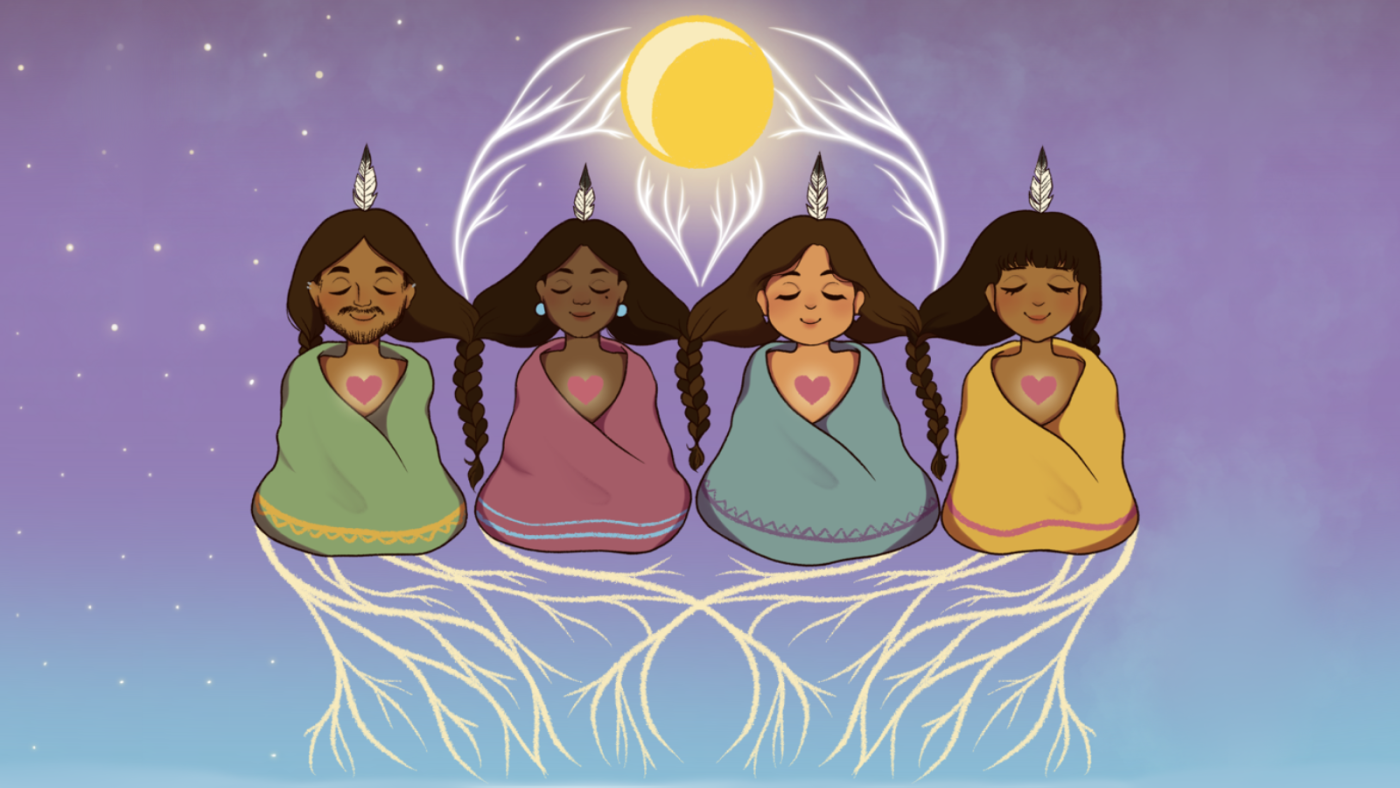It is no secret that many factors negatively affect the health of Indigenous people in Canada, including poverty, racism, and the intergenerational effects of colonization, residential schools, and the sixties scoop. It is, in fact, extensively documented.
One significant barrier to good health is the relationship between Indigenous people and communities with the health care system itself. Many Indigenous people do not trust—and therefore do not use—mainstream health care services because they have experienced and/or do not feel safe from mistreatment rooted in stereotyping and racism, among a variety of other reasons.
Health equity demands that we promote justice. This is why advocacy is key to better sexual and reproductive health for all!

To work towards justice in the context of health and access to health care, we invite you to consult resources including:
-
The 2012 report Empathy, dignity, and respect: Creating cultural safety for Aboriginal people in urban health care
-
Dr. Janet Smiley’s ‘First People, Second Class Treatment’
-
A recent report from the review by the Honorable Dr. Turpel-Lafond called ‘In Plain Sight: Addressing Indigenous-specific Racism and Discrimination in B.C. Health Care’.
Check out and support the work of amazing organizations and advocates including:
OUTSaskatoon is Saskatoon and area’s 2SLGBTQ community centre and service provider. They provide support services, youth housing, and education and research services through a harm reduction, culturally informed, equity-seeking, and community-based approach. Their Indigenous and Two-Spirit engagement and cultural work includes social support groups for Two-Spirit and Indigiqueer folks.
Indigenous Midwifery care is a pathway that supports the regeneration of strong Indigenous families by bringing birth closer to home—by restoring the emphasis on birth as normal, rather than approaching it as an illness in need of treatment. Indigenous midwifery honours Indigenous peoples, languages, oral cultures, and traditions. Indigenous midwives uphold birth as a deeply profound and sacred event. Indigenous midwives play a key role in building healthy and safe Indigenous communities, in rural and urban areas.
Native Youth Sexual Health Network
The Native Youth Sexual Health Network is a grassroots network of Indigenous youth and intergenerational relatives that works across issues around reproductive health, rights and justice. They are youth led, but value the support of their inter-generation circles of relatives to do our work. Some of their areas of work include HIV/AIDS awareness, culturally safe sex education, #landback advocacy, Midwifery and Birth Justice, as well as Two-Spirit/Gender and Sexuality Education. Their network spans Turtle Island, creating space to engage with everything and anything that we know to affect our bodies, minds, and spirits.
Ka Ni Kanichihk (pronounced Ga Ni Ganichick) means “those who lead” in the Ininew (Cree). Ka Ni Kanichihk is a trusted heart of Winnipeg’s Indigenous community. Their vision is to lead their people back home to a place where they are self-determining, healthy, happy, and respected for their cultural and spiritual strengths and ways of being. They do this through a number of Indigenous led prevention and intervention programs that help children, youth, women, men, and families heal, succeed, and become leaders.
Dr. Cindy Blackstock from the First Nations Child and Family Caring Society